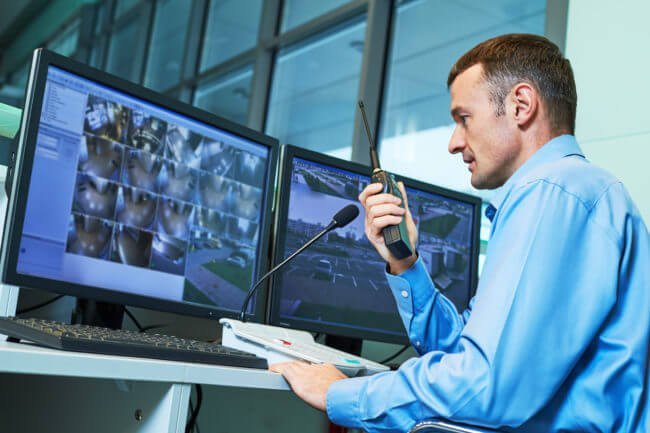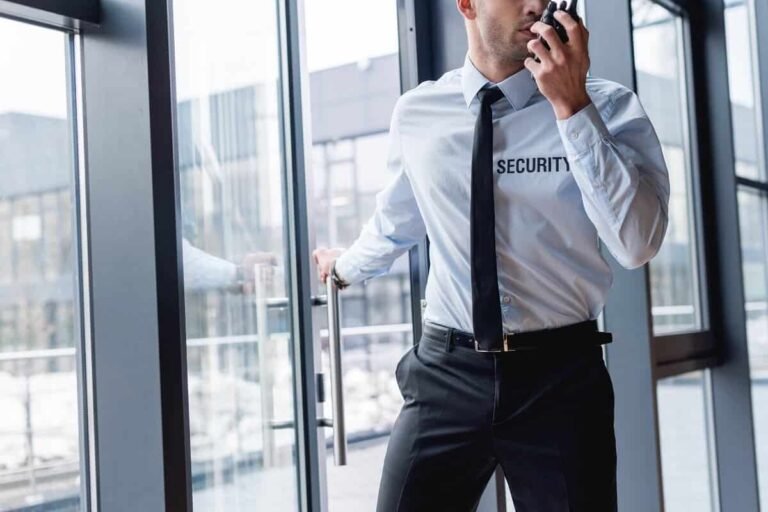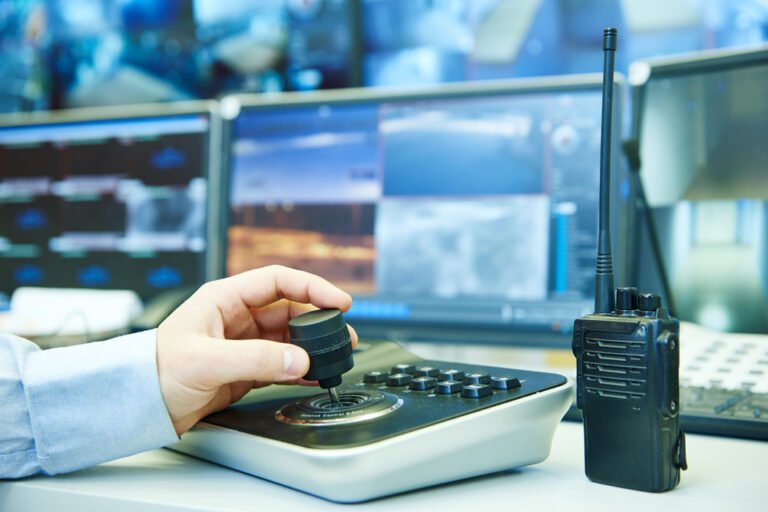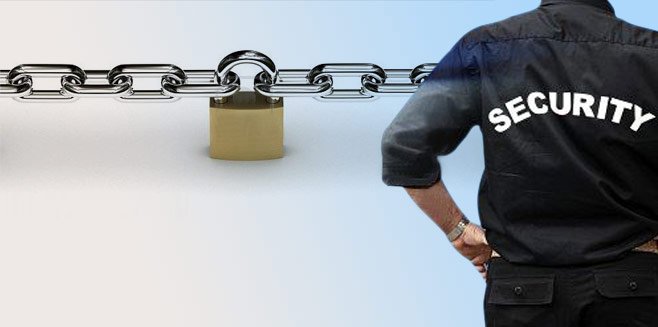
Table of Content:
- Understand the Patrol Area
- Vary Patrol Patterns
- Stay Alert and Observant
- Use All Your Senses
- Engage with the Environment
- Document and Report
- Use Technology Wisely
- Be Prepared for Emergencies
- Practice Professionalism
- Review and Learn
How to Conduct Effective Security Patrols
Security patrols are one of the most fundamental responsibilities of a security guard. They involve systematically checking an area to deter and detect unauthorized activities, ensuring the safety and security of people, property, and assets. However, simply walking through an area is not enough; effective patrols require a combination of strategy, vigilance, and professionalism. Here’s a guide on how to conduct effective security patrols.
1.Understand the Patrol Area
Before starting a patrol, it’s essential to have a thorough understanding of the area you are responsible for. This includes knowing the layout, high-risk areas, access points, and any specific instructions or concerns related to the site. Familiarizing yourself with the environment allows you to identify anything out of place more easily.
2.Vary Patrol Patterns
To prevent potential intruders from predicting your movements, vary the timing and route of your patrols. If you follow the same pattern every time, it becomes easier for someone to evade detection. By changing your patrol routine, you create uncertainty, which can deter unauthorized activities.
3.Stay Alert and Observant
Maintaining situational awareness is crucial during a patrol. This means being fully aware of your surroundings at all times, noticing changes in the environment, and identifying potential threats. Avoid distractions, such as excessive use of mobile devices, and focus on observing the area, including checking for signs of forced entry, unusual behavior, or anything else that seems out of the ordinary.
4.Use All Your Senses
Effective patrolling isn’t just about what you see; it also involves using your other senses. Listen for unusual sounds, such as breaking glass or voices in restricted areas. Smell for smoke, gas, or other potentially hazardous odors. Using all your senses enhances your ability to detect potential issues early.

5.Engage with the Environment
As you patrol, take the time to engage with the environment. This could include testing locks, checking security cameras, and ensuring that lights and alarms are functioning correctly. Engaging with your surroundings also involves interacting with people you encounter, as this can provide valuable information and deter potential wrongdoers.
6.Document and Report
Keeping accurate records of your patrols is essential. Document anything unusual you observe, including the time, location, and nature of the incident. Even if you don’t notice anything out of the ordinary, record the completion of each patrol. This documentation is not only important for accountability but also serves as a valuable resource if an incident occurs later.
7.Use Technology Wisely
Modern security patrols often involve the use of technology, such as handheld devices, GPS tracking, and mobile apps for reporting. These tools can enhance your patrol by providing real-time communication, accurate reporting, and the ability to document incidents on the go. Make sure you are familiar with the technology used at your site and use it to complement your patrol duties effectively.
8.Be Prepared for Emergencies
During a patrol, you must be prepared to respond to emergencies, whether it’s a fire, medical emergency, or security breach. Knowing the emergency procedures for your site, carrying necessary equipment (like a first aid kit), and being ready to act quickly are crucial aspects of effective patrolling.

9.Practice Professionalism
Your demeaner during a patrol reflects your professionalism and the seriousness with which you take your role. Maintain a professional appearance, be courteous to those you encounter, and carry yourself with confidence. A visible, professional presence can be a significant deterrent to potential threats.
10.Review and Learn
After completing your patrols, take the time to review your performance and learn from any incidents or observations. Discuss any issues with your supervisor or team members and consider ways to improve your effectiveness. Continuous learning and improvement are key to becoming more proficient in conducting security patrols.

- How to Conduct Effective Security Patrols
- How to Conduct Effective Security Patrols
- How to Conduct Effective Security Patrols
- Best security services
- Best security services
- Best security services
- Best security services
- Difesa security service company.
- Top security services near me
- Top security services near me
- Top security services near me
- Top security services near me
- Best Security service in Bangalore
- Best Security service in Bangalore
- Best Security service in Bangalore
